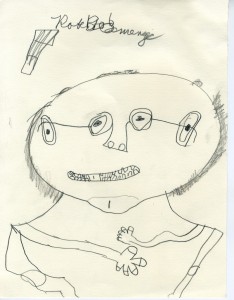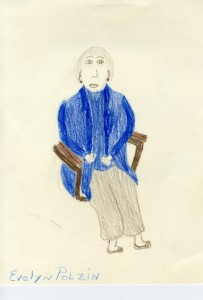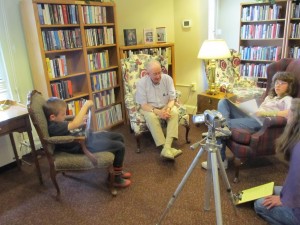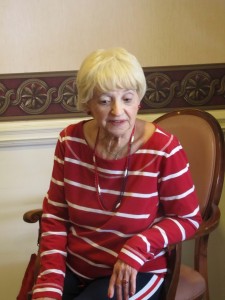Last spring the older students interviewed seniors at The Nottingham. These oral histories supported our study of local history. The students brainstormed 14 questions they wanted to ask and video taped the interviews where these questions were asked.
Describe how life was difficult when you were little.
v How did you get around? Describe the forms of transportation you had.
v Describe some changes that you have seen in Syracuse in your lifetime.
v When you were little did all kids go to school? What was school like? What was punishment like? What type of school work did you do?
v What toys and games did you have growing up? Did you share toys?
v What do you remember about the Erie Canal?
v Did you wear dresses? Describe your clothing and popular hairstyles.
v Did you go to camp?
v What were the most important buildings in Syracuse when you were a child?
v Describe a typical day at home. Did you do chores? What books did children read?
v What was communication like back then? Did you have a telephone?
v How did Syracuse look different when you were a child?
v Was it hard to shop? Where did you shop? How much did things cost?
v What jobs did your parents have back then?
v How have laws changed?
Students learned that what they did is called historical research. They used documents, photographs, artifacts and primary sources to learn how life has changed in Syracuse. They discussed and wrote about how life in Syracuse has changed for the better and worse.
This fall these same students reviewed the tapes and added more details to their transcripts. They brainstormed follow up questions and wrote personal letters to the seniors, thanking them for the experience, sharing photos and drawings and asking for more information and photos. Later in the year we plan to develop an exhibit documenting this project, which will be shared with the seniors at The Nottingham.



